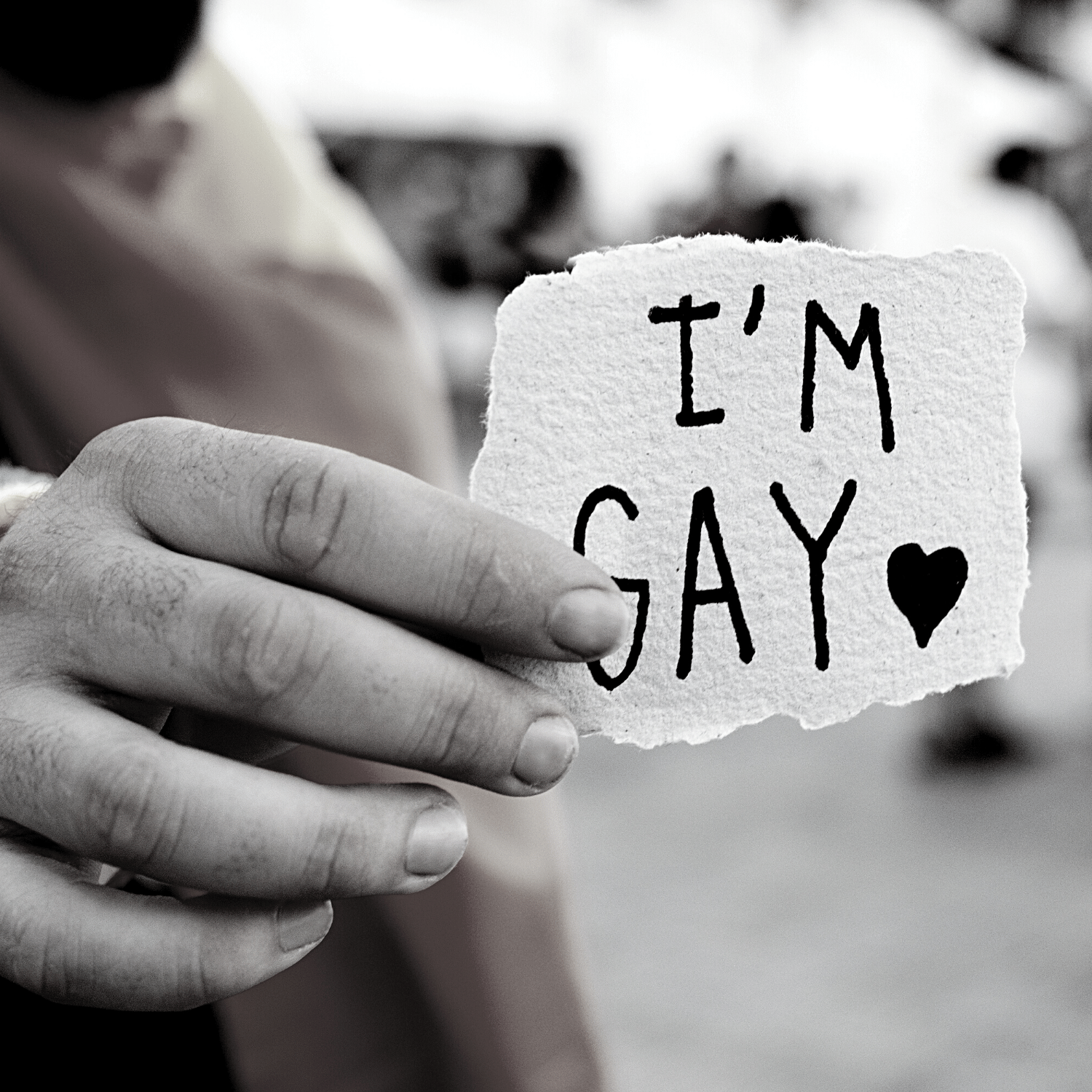What Does It Mean To Be “Out” As LGBTQ?
Coming out means different things for different people. For some, it feels like a pivotal moment in exploring their identity — one they want to share with everyone in their life through a YouTube video or social media post. However, many younger people are expressing more comfort by simply living their authentic life being a continuous “coming out” moment. The most important thing to note is that your sexual or gender identity is valid whether or not people know about it. Acceptance from family, friends, and community can be a wonderful thing to experience but the most important process is self acceptance.
It’s not one moment, but many.
Some queer and trans people express having multiple “coming outs” because their identity is fluid and has evolved many times. There is no destination to being “out” — your identity can be ever changing, as you are. Others might express coming out many times because their identity is not as “visible” as other LGBTQ+ people, which comes with complications. Every queer and trans person is valid in their expression.
You don’t have to make a big announcement.
Letting other people know about your identity can feel vulnerable — especially when you don’t know how they may take it. Whether you have a grand coming out announcement or not, living in a cis-heternormative society comes with nuanced challenges for LGBTQ+ people. If you don’t have a big coming out moment, that doesn’t mean you are in the closet. Simply living in your truth is enough. Labels carry a deep value for some, while feeling like a burden to carry for others. There is no one way to be gay.
Coming out is for your empowerment.
As acceptance and tolerance for queer and trans people has grown, the experience of coming out has morphed into something that many of us feel obligated or want to do, in order to have a “valid” queer experience. Because straightness and cis-ness are still assumed until we announce to friends and family, it can feel like there is a sense of urgency around coming out. Which prompts questions such as: does coming out give us more freedom to thrive? Or is it something we feel pressured to do by living in a cis-heteronormative culture? Can both of these things be true at once?
While LGBTQ people don’t have to hide in the shadows as much anymore, there’s often still the need to hide half your cards out of safety and fear of non-acceptance. And while campaigns like It Gets Better have an impact, the reality is that many LGBTQ youths in America are still dealing with isolation, bullying, familial abuse and rejection, and struggling with acceptance from others as well as themselves. Empowerment can be found in claiming your identity and being out will look different for everyone, and every person will face their own unique struggles even after they have come out. While femme lesbians may express frustration at having to continually come out because of their invisibility, many trans or genderqueer people struggle with how being out impacts their safety in unwelcoming environments.. One person’s experience with coming or being out will look vastly different from other LGBTQ people. All of these are valid and have intersecting opportunities for solidarity.
